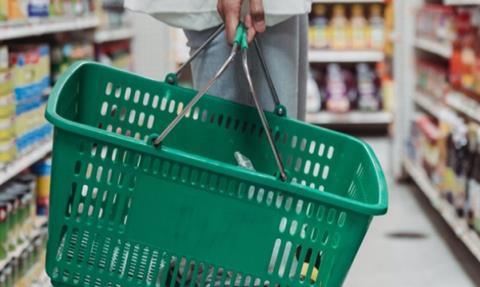The average household is to meet a £643 increase in their annual grocery bill to £5,265 if people continue to buy the same items, according to Kantar’s latest figures.

Kantar head of retail and consumer insight Fraser McKevitt said that at a basket level, a £643 rise is an extra £3.04 on top of the cost of the average shopping trip last year which was £21.89.
Kantar recorded that sales of supermarket own label lines have continued to increase as consumers shift from branded products. Own label sales increased by 8.1% in September, while branded items declined by 0.7%, according to Kantar’s latest figures.
McKevitt said that consumers are looking for ways to manage budgets to avoid paying more for their shopping and consumers are “hunting for cheaper alternatives like supermarkets’ own label goods.”
Take-home grocery sales rose by 4.8% in the third quarter of 2022 while grocery inflation currently stands at 13.9%.
Leading retailers
For the fifth month in a row Lidl was the fastest growing grocer in this period, pushing up its sales by 20.9% over the 12-weeks, marginally ahead of Aldi whose sales rose by 20.7%, according to Kantar’s data. Lidl’s share of the market is now 7.1% which is an increase from 6.2% last year, and in comparison, Aldi rose to 9.3% from 8.0%.
Kantar’s figures recorded that sales at Sainsbury’s rose by 3.0% and Tesco increased by 2.5%, while Morrisons saw sales fall by 3.9%. Both Iceland and Ocado grew by 5.3%, “slightly ahead of the market to maintain their market shares” at 2.3% and 1.6%.
Convenience retailer Co-op also held market share which was flat year-on-year at 6.4%, with its sales growing by 3.3% and Waitrose’s market share is now 4.7%.
This story was originally published on a previous version of the Meat Management website and so there may be some missing images and formatting issues.












